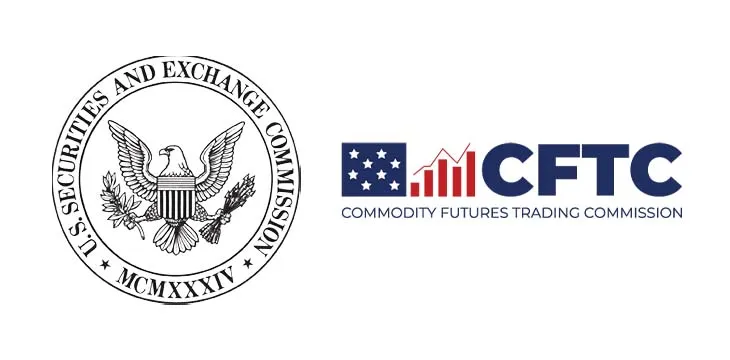|
Getting your Trinity Audio player ready...
|
Hedge funds in the United States might soon be required to report their exposure to digital assets after two of the country’s top financial regulators voted in favor of amending financial disclosure requirements.
The Securities and Exchange Commission (SEC) and the Commodity Futures Trading Commission (CFTC) voted to amend Form PF, requiring greater disclosures from hedge funds.
Form PF was devised following the 2008 housing crisis to give regulators greater insight into hedge funds. It requires private fund advisors to report the assets under management to the Financial Stability Oversight Council.
Now, the SEC and CFTC want the requirements of Form PF expanded to reflect the evolving financial and investment environments, including encompassing digital assets.
Some of the changes proposed include amending the term “cash and cash equivalents” not to include digital assets. Bitcoin and cryptocurrencies will be reported separately, a departure from the current setup under which they are reported either under cash equivalents or “other.”
“Gathering such information would help the Commissions and [financial-stability regulators] better to observe how large hedge funds interconnect with the broader financial services industry,” SEC Chair Gary Gensler commented.
The proposed amendments received overwhelming support from both the SEC and CFTC. Speaking about why she is in favor of the amendments, CFTC Commissioner Christy Goldsmith Romero stated that she believes it will give both agencies better insight into private funds, allowing them to protect the investors. Further, the data collected will be helpful to legislators as they formulate financial policies, she added.
Not all commissioners agree with her view, however. Dissenting to the proposed amendments, CFTC Commissioner Caroline D. Pham said they would “impose overly broad obligations that would be unnecessarily burdensome and would present potentially significant operational challenges and costs without a persuasive cost-benefit analysis under the Commodity Exchange Act (CEA).”
Summer K. Mersinger, yet another commissioner who dissented, believes that data that regulators request from private fund advisors “should be narrowly tailored to the purpose intended under our governing statutes, and unfortunately, that does not appear to be the overall approach in this proposal.”
The CFTC and SEC welcomed public feedback on the proposed changes.
Watch: The BSV Global Blockchain Convention panel, Blockchain for Government Data & Applications
https://www.youtube.com/watch?v=ggbZ8YedpBE&t=30603s

 07-02-2025
07-02-2025 





